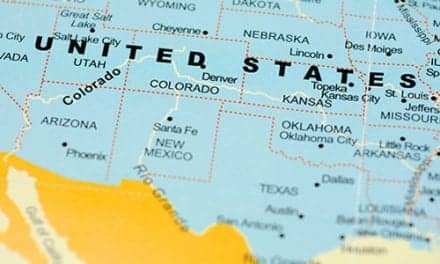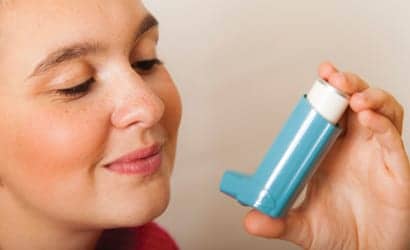Inducing the right kind of inflammation can protect lungs against infections and prevent harmful inflammation, according to Scott Evans, MD, associate professor of Pulmonary Medicine at The University of Texas MD Anderson Cancer Center, whose work on the topic earned his team an NIH New Innovator Grant.
Evans’ project, Inducible epithelial antiviral resistance to prevent asthma, developed an aerosol that acts like an infection to stimulate an innate immune system response; by ramping up the innate immune system before a viral infection is well-established, it’s possible to eliminate the infection within hours, according to their findings. Investigators call this “good” inflammatory response inducible resistance.
“By treating with our novel therapeutic to trigger lung defenses at the first sign of infection, such as a runny nose or sneezes, we can prevent the infection from progressing to the lungs,” said Evans. “We also have reason to believe that we might be able to reprogram lung cells to prevent long-term, irreversible asthmatic progression.”
The New Innovator grant, $2.4 million spread over five years, will fund preclinical research in lung cells and mouse models that is expected to translate to clinical trials to prevent asthma attacks.








